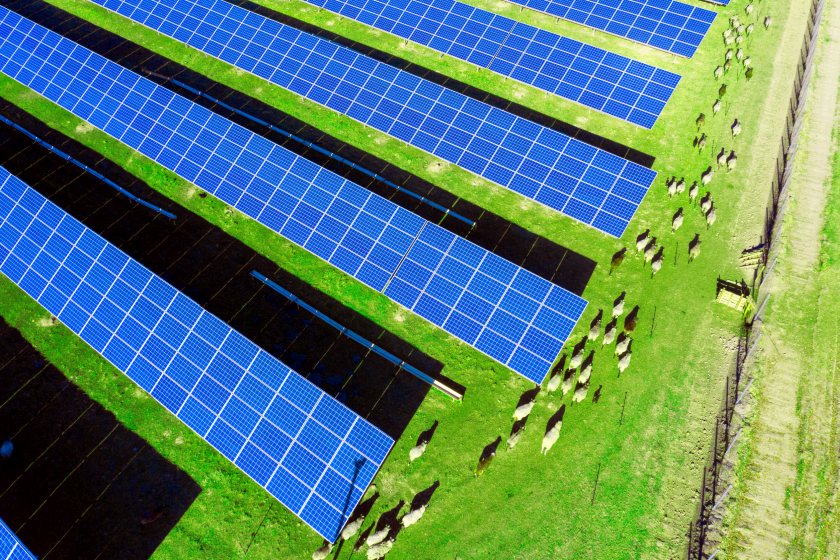Solar farm leases could leave farmers with costly clean-up

Farmers eyeing solar farm leases are being urged to scrutinise the small print – or risk being landed with a bill of tens of thousands of pounds when the panels come down.
Too many landowners, legal experts warn, are dazzled by the promise of steady income and overlook the expensive obligations that come at the end of an agreement.
Without watertight decommissioning terms, farmers could be left paying for specialist removals and land restoration themselves.
“It’s very important that the lease terms clearly state what will happen regarding decommissioning of equipment at the end of the agreement,” said Zoe Smith, head of commercial property at ORJ.
“This involves removing the equipment and restoring the land, work that can cost tens of thousands of pounds. Solar leases tend to be long – sometimes even 50 years with various break points – so it might be tempting to not think ahead, but it’s crucial.
"A lot of the equipment will be secured to the ground – and much of it will require specialist disposal. You certainly do not want to be burdened with responsibility for the clean-up.”
Ms Smith stressed that the process for dismantling sites should be written clearly into the lease. One safeguard is a decommissioning bond or fund, ensuring money is ring-fenced for the work even if a developer folds.
“I recently acted on behalf of a farmer and the solar company agreed to a decommissioning bond,” she explained.
“The cost of the decommissioning work will be regularly assessed over the course of the lease, with the required amount put away so it is readily accessible whenever required.
"This has offered my client a greater deal of protection and peace of mind. It means that even if the company did go out of business and no-one took on the site, at least the funds would exist to bring the land back into agricultural use.”
Decommissioning is only part of the picture. Legal experts also flag capital gains and inheritance tax implications, alongside the risk of losing access to agricultural tax reliefs or subsidies if land is sold for renewable energy projects.
Easements and rights of way may also be created to allow developments to proceed, potentially limiting access and disrupting everyday farming operations.
Ms Smith added: “Renewable energy projects can be an excellent way for farmers to diversify income streams, but expert legal advice is strongly recommended to ensure interests are protected.”








